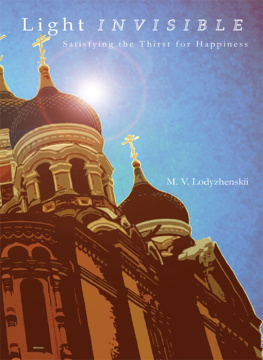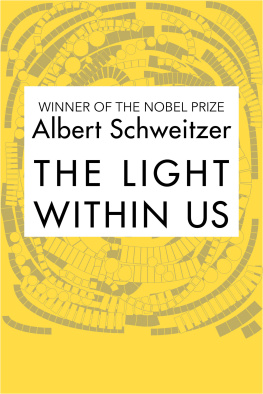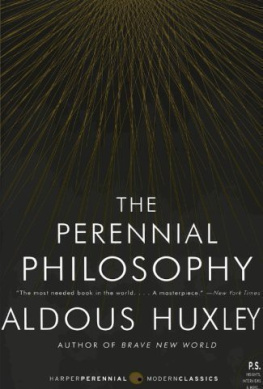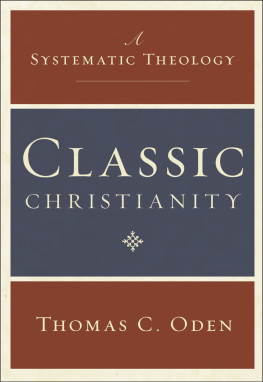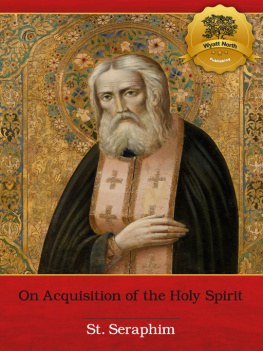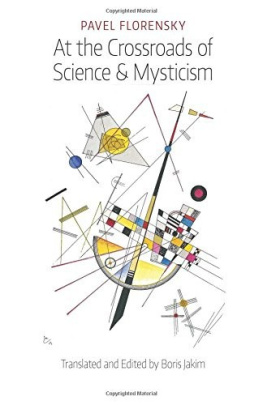M. V. Lodyzhenskii
Scripture passages taken from the New King James Version.
Copyright 1982 by Thomas Nelson, Inc. Used by permission.
All rights reserved.
Printed in the United States of America
PREFACE TO THE ENGLISH LANGUAGE EDITION

M any parallels can be seen to exist between the cultural and intellectual life of the Russian Empire at the dawn of the twentieth century and of modern Western societies in the first decade of the twenty-first century. The Russian Empire was beginning to feel the impact of the industrial revolution and the increasing material wealth it was providing for parts of society. Intellectuals and others claimed that there was a spiritual vacuum and reacted against the Orthodox Church, which for them was moribund and did not offer a solution to their deepest spiritual needs. A similar crisis can be seen in the contemporary West, where our material needs are satisfied to a greater extent than ever in human history, but a fundamental spiritual vacuum exists to which the established churches of Christendom are not seen as providing any real solutions.
In the Russian Empire in the late nineteenth century, many were dabbling with Eastern religions, Theosophy, and the occult in a way that bears comparison to the ongoing interest in vampires, angels, and demons in our own society. Against this backdrop, Mitrofan Lodyzhenskii (18521917) emerged with a trilogy of books that sought to penetrate to the heart of the human condition. He demonstrates that through the incarnation of the God-Man Jesus Christ, a Light Invisible has broken into the world. This Light has been appropriated by the saints in the Church, engendering a radical transformation in human understanding and orientation. We, too, can change our present way of thinking and acting so as to embrace this Light.
Lodyzhenskii was once a follower of Theosophy and dabbled in Eastern religions. This book is a witness to his return to Orthodox faith and life. Light Invisible, which first appeared in Russian in 1912, is the second book of a trilogy entitled The Mystical Trilogy, the first volume of which is Super-Consciousness and Paths to Its Acquisition (1906) and the third is The Dark Force (1914). In his preface to the second edition of Light Invisible (Petrograd, 1915), Lodyzhenskii wrote,
Our book Super-Consciousness, explaining mysticism in general and its main subdivisions, enters into this work as its first volume. The third volume of the trilogy, The Dark Force, printed in 1914, concerns investigations of super-consciousness developed in conjunction with evil human passions and investigations of demonic mysticism. Although all of these books are interconnected, each one represents a separate treatise with which the reader may become acquainted independent of the other parts.
The reader should be aware that the translator and editors did not have access to the same editions of the Russian language books used by the author when he wrote this book. Furthermore, not all of these works exist in English translation, and where they do it is not always possible to cite a corresponding reference. For example, the texts published in Russian as the Philokalia are not identical to the collection published in English.
Additionally, the author followed a Russian cultural and intellectual practice in which it is not considered essential to give all details of the source material but simply an indication of its origins. Therefore the bibliography and endnotes at the end of this English edition are listed to facilitate the readers understanding or indicate as closely as possible a source for further reading and study.
INTRODUCTION

Let him become a fool, that he may become wise.
For the wisdom of this world is foolishness with God.1 Cor 3:1819
W ho of us has not read the revelations of the Gospel about the Logos? Who does not remember the words inscribed there? In the beginning was the Word (Logos), and the Word was with God. All things were made through Him, and without Him nothing was made that was made. In Him was life, and the life was the light of men. And who of us has not tried to comprehend the profound meaning of these utterances?
First of all, what involuntarily impresses itself on our thoughts after reading these sayings is what is understood here by the Logos as powerpower creating the universe, and along with it, power creating light in man. What kind of light? Of course, the light of reason, the light of true knowledge, the light illumining the soul of man.
After this, another question arises that is not easily resolved: the question of what constitutes this knowledge of truth, where it is, and how it is apprehended. In other words, what knowledge contains the light of men, brought by the Logos, that light which, according to the words of the Gospel, shineth in darkness; and the darkness comprehended it not?
And so we will have to resolve the question of what comprises this knowledge of truth. But here mans skeptical mind suggests to the seeker of this truth that the knowledge of truth in general is relative, that because all philosophical systems have as their main goal to know the truth, that this merely leads to the conclusion that every person has his own truth. What is truth? said Pilate long ago.
First of all, what we can answer to these doubts is thisthat John the Divine, in beginning his message, speaks not of truths constructed by man under the conditions of his earthly reason, but rather speaks of the Gospel truth, coming to man from withoutby way of a special perception, namely: Here it speaks of the light of man, brought by the Logos, and not of the light of relative truths, constructed on those data that give mans intellect its imperfect and, in the majority of people, its limited consciousness. And, of course, we would say further that the light of man brought by the Logos is not that light of understanding that is given to us, for example, by materialistic philosophy that maintains that in the world exists only physical matter and that indisputable truth consists in the existence of this matter alone.

